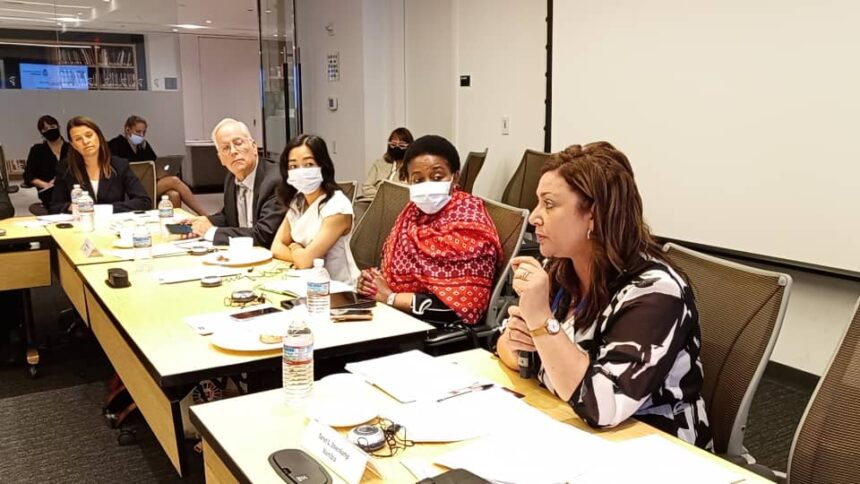Education ministry executive director Sanet Steenkamp says with the capacity development of the teachers, they train and roll out programmes to provide awareness and action-based approaches so learners can go to school and learn in a neutral safe space.
She said it is not an easy task, as concepts have to be introduced bit by bit, as there are instances where many may not endorse these changes.
Steenkamp said this at the Transforming Education Summit in New York this week. The summit brought diverse stakeholders including policymakers and civil society organisations together to make commitments toward reimagining and transforming education. She highlighted key issues on the importance of promoting sexual health education and how Namibia came to the point of rolling it out.
“Rolling out comprehensive sexuality education in Namibia was a contentious issue but one that we boldly took a step, engaged the Cabinet, traditional leaders, faith-based organisations and made decisions on that level on the importance thereof,” said Steenkamp.
Comprehensive sexuality education (CSE) is a curriculum-based process of teaching and learning about the cognitive, emotional, physical and social aspects of sexuality.
She said to formulate befitting policies, there is a need to ensure that stakeholders work together in a collaborative yet bold and unapologetic manner to ensure learners have the necessary assertiveness and confidence, the right information for them to make decisions about their lives and hopefully address the surge of unintended pregnancy.
“In Namibia, we take comprehensive sexuality education seriously; we are part of the signatories for the Eastern, Southern African (ESA) Commitment. We have done a global student-based school survey in 2013 where we discovered that learners are exposed to persistent sexual exploitation and bullying in schools and communities. – psiririka@nepc.com.na



